Major League Baseball's shaky future in Tampa
New questions arise about a troubled franchise after Hurricane Milton wrecked the Trop

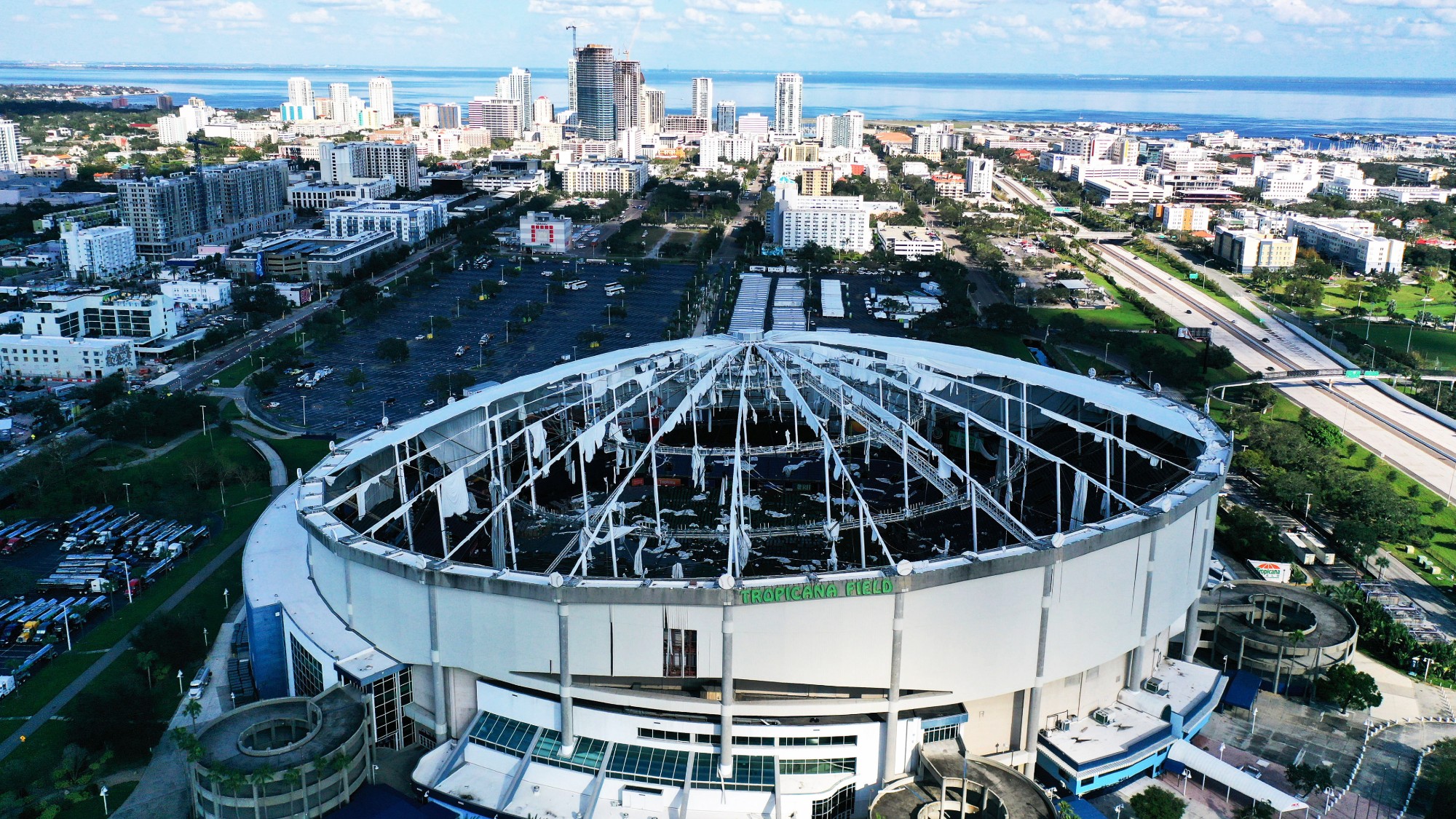
A free daily email with the biggest news stories of the day – and the best features from TheWeek.com
You are now subscribed
Your newsletter sign-up was successful
On October 9, when Hurricane Milton plowed into Florida's west coast, winds destroyed the roof of Tropicana Field, the domed stadium that has been home to Major League Baseball's Tampa Bay Rays since 1998. The Tampa Bay Times reported on October 15 that the field could not be repaired in time for the team to play its 2025 season there. Most surprisingly, Pinellas County officials recently cast doubt on whether they will move forward with the planned new facility that was set to open in 2028, throwing the team's future in the area in doubt.
A troubled history
The story of the Rays embodied the idea of "If you build it, they will come." Boosters who wanted to attract an MLB expansion franchise spearheaded the construction of a domed facility (then called the Florida Suncoast Dome) in St. Petersburg, which was finished in 1990 without a professional sports tenant. Baseball owners blocked the relocation of the San Francisco Giants to the area in 1992, and it was not until 1995 that MLB announced its expansion into the Tampa Bay-St. Petersburg and Phoenix markets. The Tampa Bay Devil Rays began playing at the newly renamed Tropicana Field in 1998.
From the get-go, the Trop was regarded as one of the least attractive facilities in North American professional sports. The team (renamed the Rays before the 2008 season), has ranked last or next-to-last in the American League in attendance almost every year of its existence, despite a long run of innovative management and competitiveness that began in 2008 and has seen the team reach the World Series twice. The stadium's artificial turf is disliked by players, the catwalks that held up the now-destroyed roof hung so low that they frequently interfered with batted balls in play during games and there are no public transit options for fans. "The Trop is a bad facility in a bad location," said sports economist Andrew Zimbalist in The Tampa Tribune in 2013.
The Week
Escape your echo chamber. Get the facts behind the news, plus analysis from multiple perspectives.

Sign up for The Week's Free Newsletters
From our morning news briefing to a weekly Good News Newsletter, get the best of The Week delivered directly to your inbox.
From our morning news briefing to a weekly Good News Newsletter, get the best of The Week delivered directly to your inbox.
In 2023, the Rays announced an agreement to build a $1.3 billion fixed roof stadium in neighboring St. Petersburg with $600 million in public financing. That seemed to secure the team's future in Florida. Then came Hurricane Milton.
And where to now, Tampa Rays?
After the Trop's roof was destroyed, the league scrambled to choose a stadium somewhere near the Tampa-St. Petersburg metro area that could accommodate the team in 2025, settling on the Yankees' 11,000-seat spring training facility in Tampa. But on November 19th, the Pinellas County Commission pushed back a vote to issue bonds for the new stadium and also did not allocate the estimated $55 million needed to repair the Trop for the Rays' final two seasons there in 2026 and 2027. The new stadium deal is perhaps not dead, but it has put relocation of the franchise back on the table. "The future of baseball in Tampa Bay became less certain after that vote," said Rays owner Stu Sternberg in the Tampa Bay Times.
Franchise relocations require the support of 75% of the sport's 30 franchise owners, and in the past, such moves have been stymied by turf wars related to attendance or TV rights. The 2023 decision to move the Oakland Athletics to Las Vegas was the first relocation in nearly 20 years. Baseball may now have to do it again. Potential legal battles between the Rays and the city of St. Petersburg, which is obligated to provide a stadium for the Rays in 2026 and 2027, loom large. "I think Major League Baseball in the Tampa Bay Area is at greater risk today than it's ever been," said Tampa Bay Times sports columnist John Romano in an interview with WUSF radio.
The North Carolina cities Charlotte and Raleigh, as well as Nashville, Tennessee, have been the subject of speculation if the Rays decide to move, but that process would likely take years to play out. The Rays, in the meantime, open the 2025 season in their temporary Tampa home on March 27.
A free daily email with the biggest news stories of the day – and the best features from TheWeek.com
David Faris is a professor of political science at Roosevelt University and the author of "It's Time to Fight Dirty: How Democrats Can Build a Lasting Majority in American Politics." He's a frequent contributor to Newsweek and Slate, and his work has appeared in The Washington Post, The New Republic and The Nation, among others.
-
 The Week Unwrapped: Do the Freemasons have too much sway in the police force?
The Week Unwrapped: Do the Freemasons have too much sway in the police force?Podcast Plus, what does the growing popularity of prediction markets mean for the future? And why are UK film and TV workers struggling?
-
 Properties of the week: pretty thatched cottages
Properties of the week: pretty thatched cottagesThe Week Recommends Featuring homes in West Sussex, Dorset and Suffolk
-
 The week’s best photos
The week’s best photosIn Pictures An explosive meal, a carnival of joy, and more
-
 The 9 best steroid-free players who should be in the Baseball Hall of Fame
The 9 best steroid-free players who should be in the Baseball Hall of Famein depth These athletes’ exploits were both real and spectacular
-
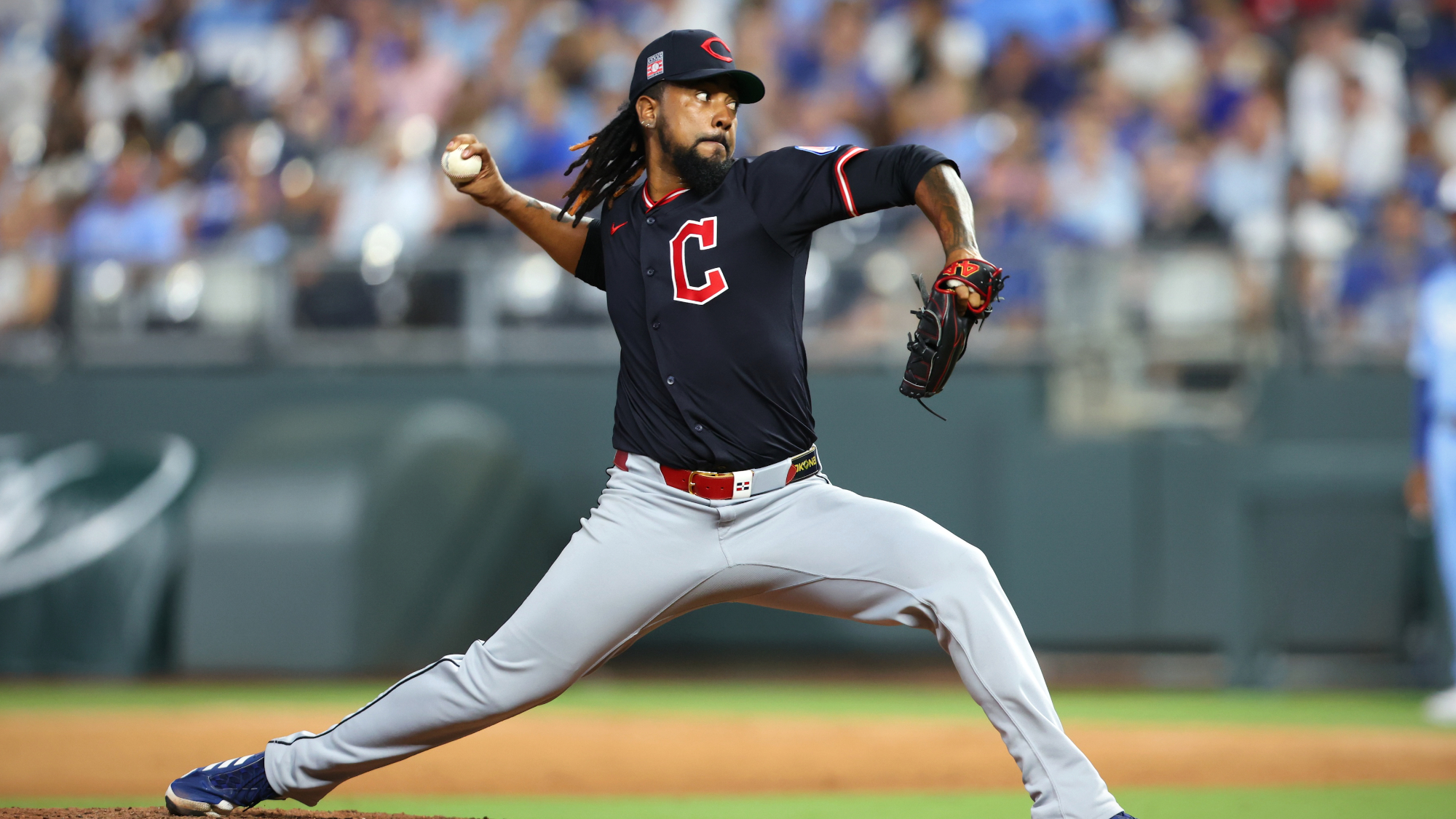 2 MLB pitchers charged with rigging throws for bets
2 MLB pitchers charged with rigging throws for betsSpeed Read Cleveland Guardians pitchers Emmanuel Clase and Luis Ortiz have been indicted
-
 Shohei Ohtani is caught in a financial controversy — again
Shohei Ohtani is caught in a financial controversy — againIn the Spotlight The controversy concerns Ohtani and his agent, Nez Balelo
-
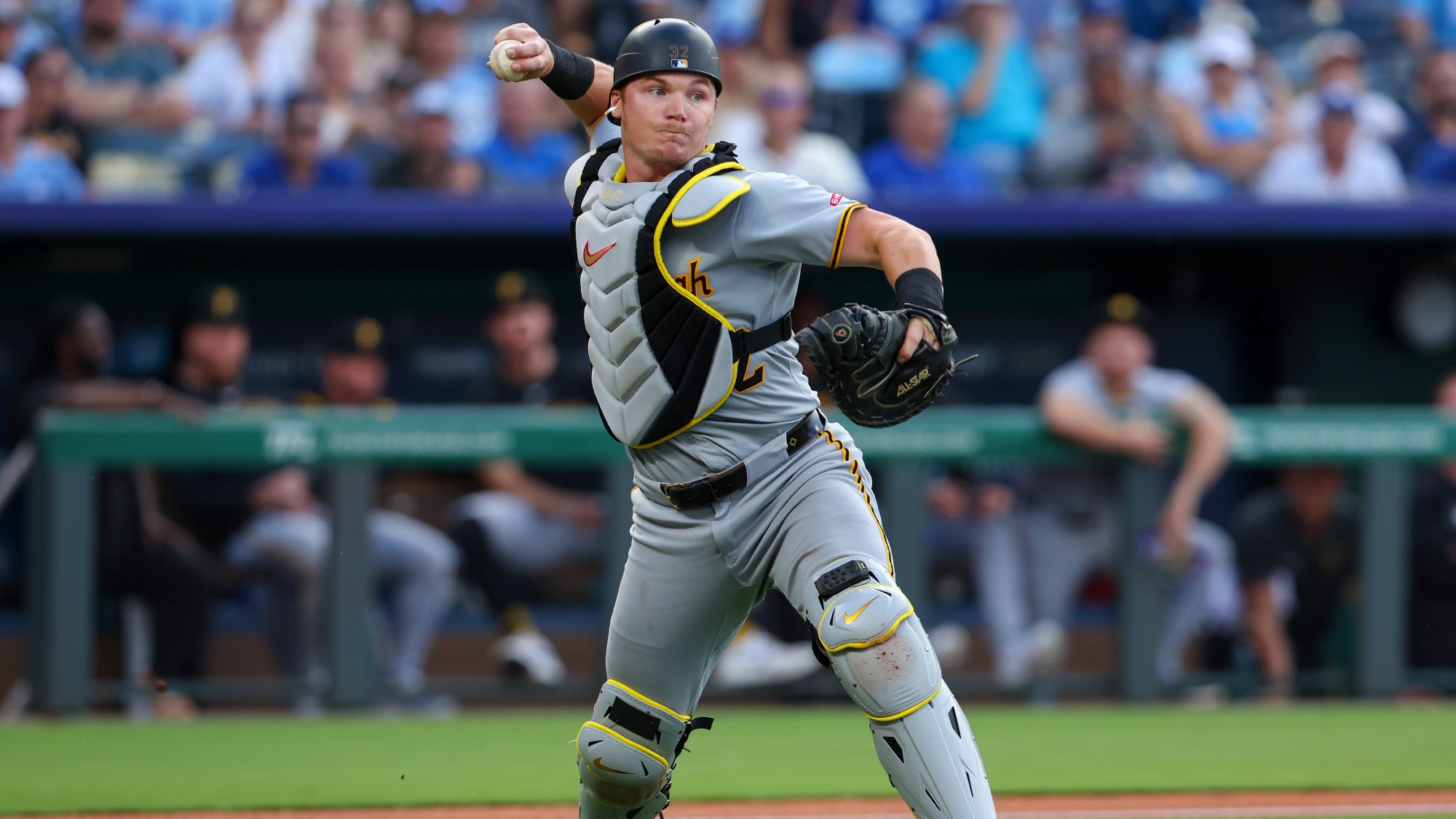 Biggest No. 1 draft pick flops in MLB history
Biggest No. 1 draft pick flops in MLB historyin the spotlight Injuries, bad luck and disappointing performances result in draft infamy for these unlucky players
-
 Have the Rockies reached a breaking point?
Have the Rockies reached a breaking point?the explainer Baseball's most aimless franchise takes aim at a record set just last year
-
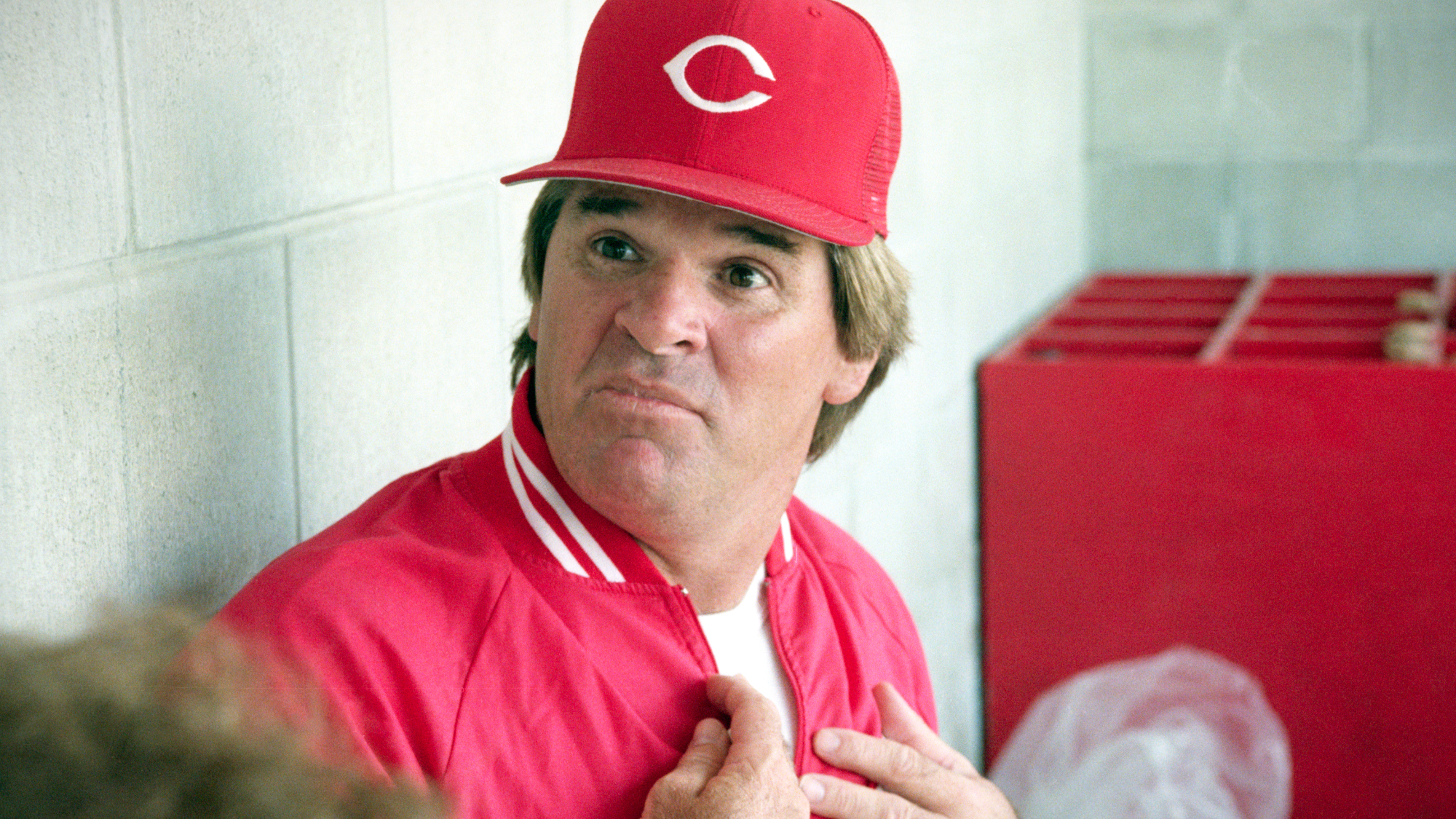 MLB lifts ban on Pete Rose, other dead players
MLB lifts ban on Pete Rose, other dead playersspeed read 16 deceased players banned for gambling and other scandals can now be inducted into the Baseball Hall of Fame
-
 Torpedo bats could revolutionize baseball and players are taking notice
Torpedo bats could revolutionize baseball and players are taking noticeIn the Spotlight The new bats have been used by the New York Yankees with tremendous success
-
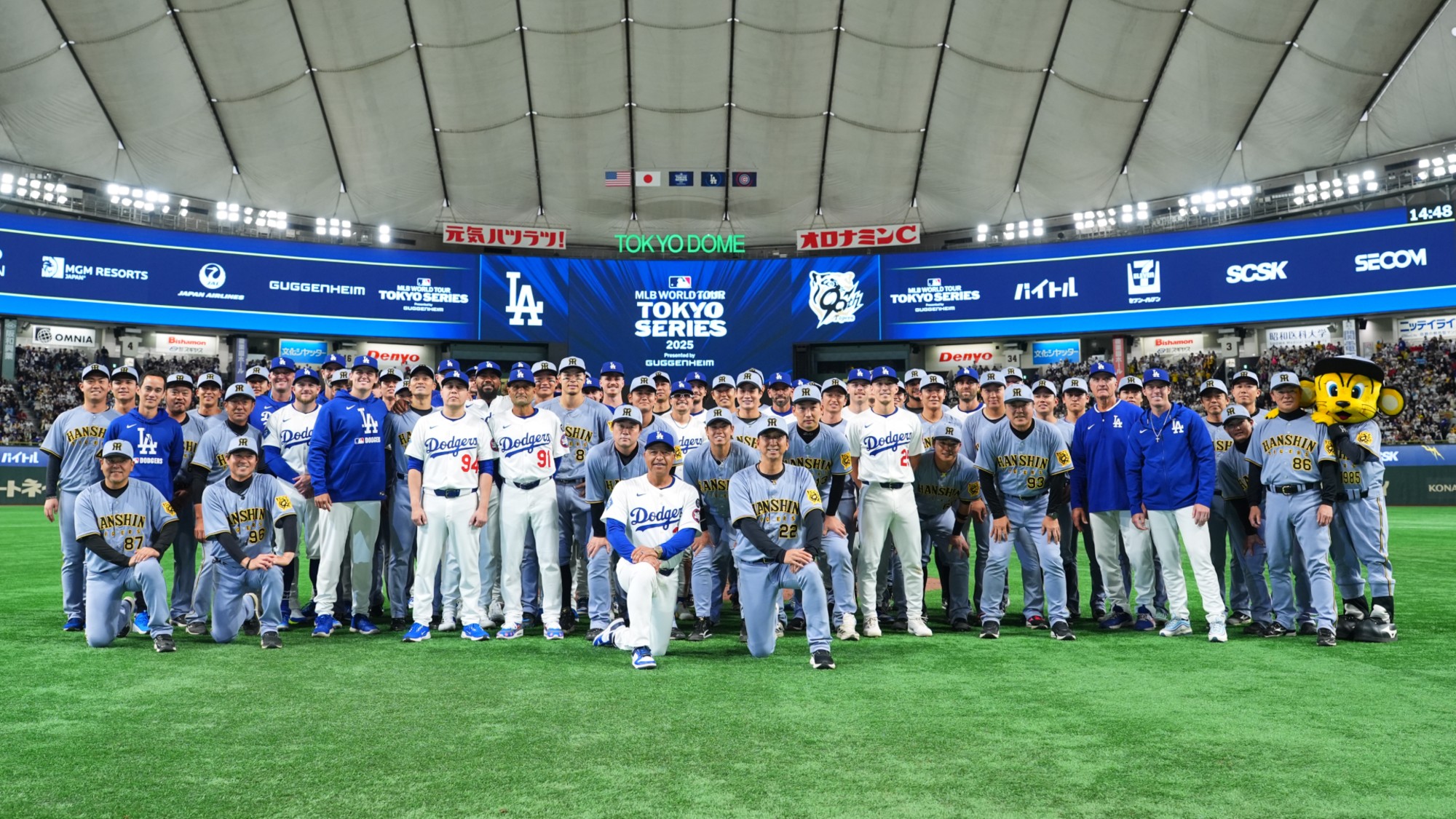 MLB is bringing home top talent from Japan's most popular sport
MLB is bringing home top talent from Japan's most popular sportThe Explainer Players like Shohei Ohtani have become the face of Major League Baseball
